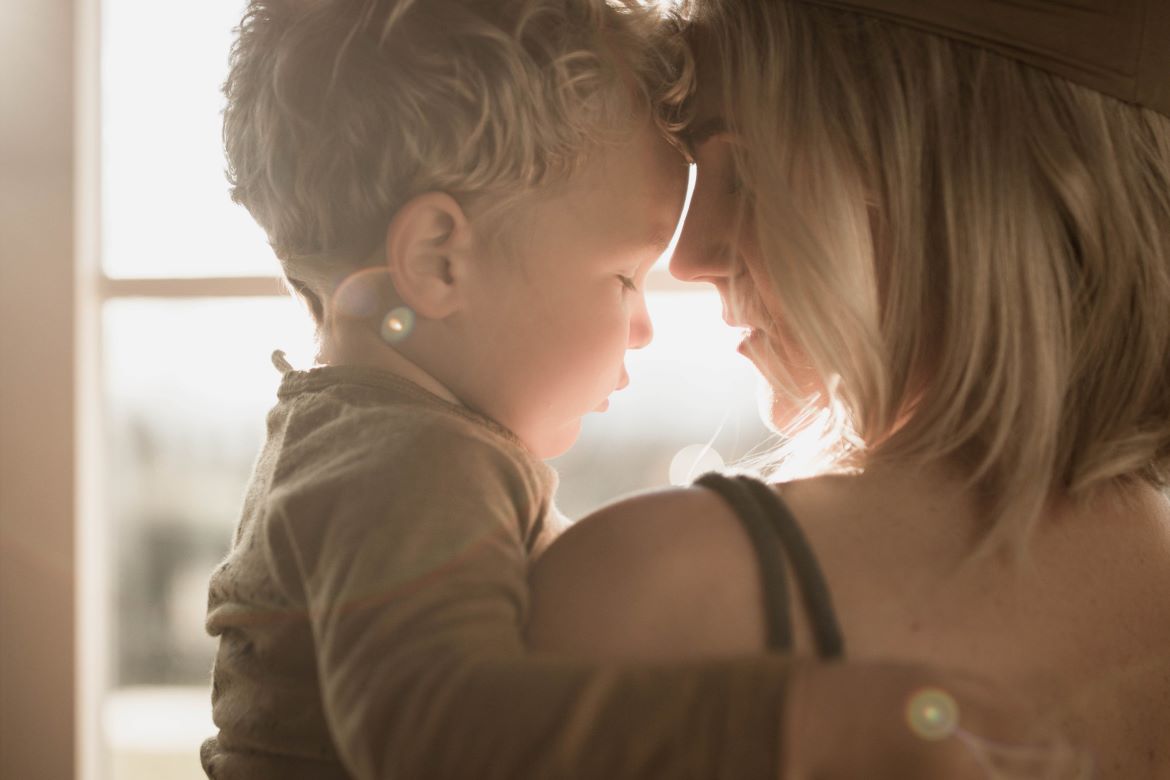By Dilshad Bhamgara
Parents, grandparents, teachers, caregivers, all of us really have the power to transform the world, by the way we connect, interact and raise the children in our lives.
One quick search on the internet will get you an overwhelming number of articles on parenting. Dos and don’ts. Lists and tricks. Quick solutions. The majority of them will talk about how you can ‘fix’ your child. Well, the good news is, your child isn’t broken and doesn’t need fixing. Society on the other hand, well that’s a topic for another time.
Whether you’ve come across the concept of gentle parenting before or are hearing about it for the first time, here’s addressing some very common questions people often have about this way of parenting.
WHAT IS GENTLE PARENTING?
Gentle parenting, also known as peaceful / positive / respectful / conscious / non punitive / non violent parenting, keeps relationships and connection at the core.
We begin right at birth, building trust by responding to cries and meeting our baby’s needs be it hunger or human connection and closeness, day and night. Following baby’s lead and picking up on their cues.
We respect our children’s autonomy.
All interactions come from a place of compassion, kindness and empathy.
Children deserve the same respect adults feel they deserve – give respect to get respect.
It’s parenting for the long term, therefore offers no easy or quick fixes.
The aim is not to have robots who obey every command but kind and compassionate young people who can think for themselves and are intrinsically motivated to be good, humane people.
WHAT ABOUT DISCIPLINE?
The original meaning of the word discipline is ‘instruction’, ‘knowledge’. So it’s safe to say when the word first started being used it referred to guidance more than the punitive connotation it now has.
Gentle parenting staunchly opposes the use of punitive methods of discipline including spanking.
Time-in (step back and process big emotions with parental empathy and support, learn to problem solve) is a wonderful alternative to the debilitating and harmful practice of time-outs (shaming, isolation, lack of communication and connection).
Natural outcomes (delayed bedtime makes you tired the next day) are the preferred way, instead of logical consequences (delayed bedtime means no time for story) or unrelated consequences also called punishments (delayed bedtime results in the favourite toy or game being taken away for a week).
While logical consequences might seem like a good idea on paper, it is just another name for punishment.
They are often imposed or accompanied by anger or shaming, making them ineffective means of discipline.
Gentle parenting does not endorse rewards/bribes and threats/punishments. The goal is behaviour that is intrinsic and not forced.
Most teaching is done by modelling the behaviour we want to see in our children.
HOW WILL THEY LEARN?
Children learn when they are developmentally ready. Just like they don’t need any specialised training to walk and talk, only a supportive role model. With the help and gentle guidance of a supportive grown-up, children will learn to recognise emotions, they will in time (with a lot of practice) learn how to regulate their emotions, how to problem solve and differentiate between appropriate and inappropriate behaviours.
Our role as the adults in their life is to adjust our expectations to align with the ages and developmental stages of our children. And patience and good humour go a long way.











